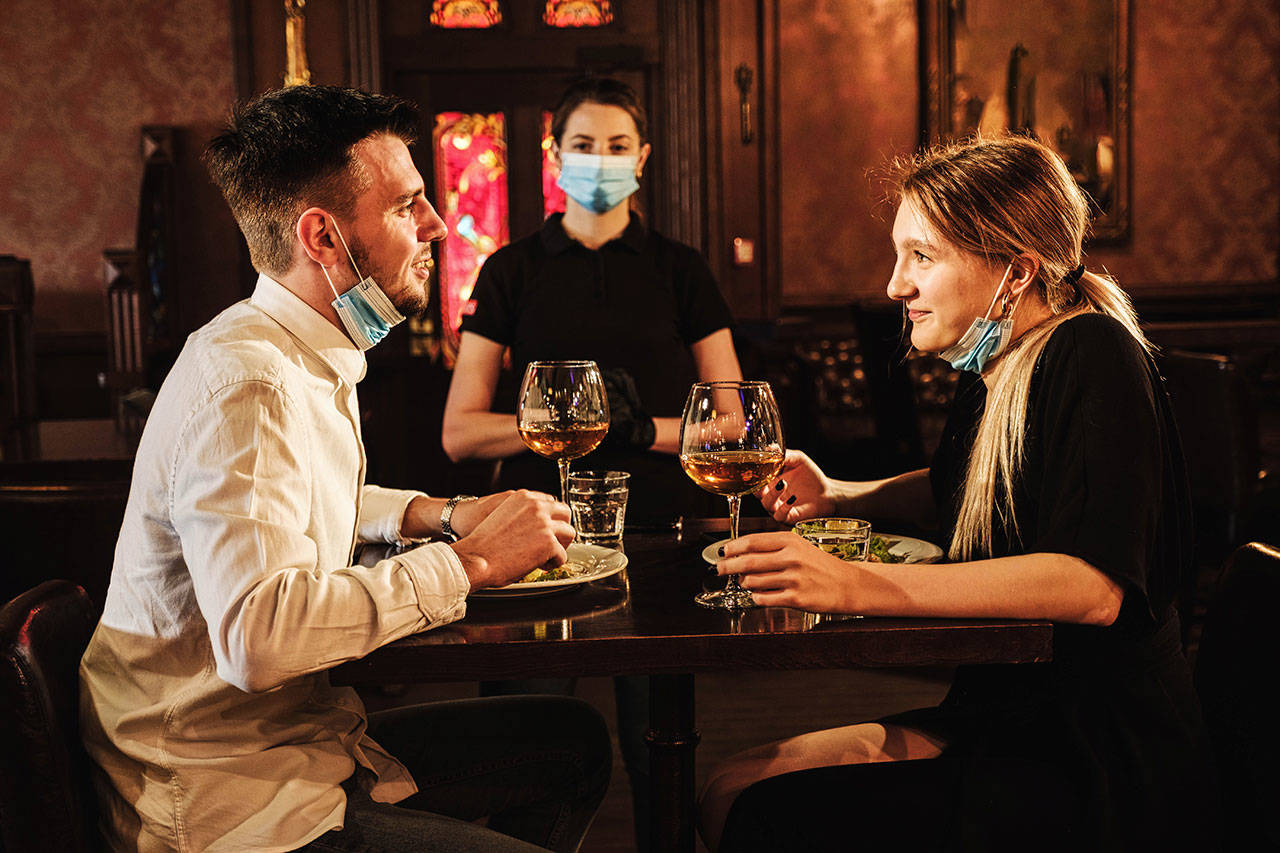By the Environmental Health Services Division of King County
After entering Phase 2 of Gov. Jay Inslee’s Safe Start Reopening Plan, Public Health – Seattle & King County has observed an unsettling trend with COVID-19 cases rising as restaurants, bars and taverns resume operations.
In an effort to keep businesses open and move King County forward through the Safe Start phases, Public Health is launching a new initiative to begin educational outreach and enforcement of Safe Start requirements for operating restaurants, bars, and taverns.
What is the new initiative?
On July 14, Public Health Director Patty Hayes issued a new emergency rule which grants Public Health the authority to enforce statewide orders to prevent the spread of COVID-19. Leading this charge, Public Health’s Environmental Health Services Division has established the Safe Start for Taverns and Restaurants (SSTAR) program to conduct this work.
What will SSTAR do?
The SSTAR program will conduct site visits at restaurants, bars, and taverns throughout King County. Leading with education, Environmental Health investigators will assist food establishment owners to understand Safe Start requirements during Phase 2 operations as well as identify and enforce where corrective actions may be necessary. SSTAR will work closely with restaurants and taverns to ensure they have accurate and timely information and be responsive to their questions.
What will the SSTAR program look for when during site visits?
There are nine measures that SSTAR is assessing from the Safe Start guidance for restaurants and taverns: 1) employee health screening; 2) employee face covering usage; 3) employee social distancing practices; 4) proper sanitation procedures; 5) collection of customer contact information; 6) compliance with seating capacity; 7) prohibiting seating at bar service counters; 8) customer face covering usage, and; 9) customer social distancing practices. Each measure will be assessed as full, partial, or out of compliance.
What have been your observations so far?
Since starting on July 3, the SSTAR program has completed 423 inspections of taverns, bars grocery stores, coffee shops and restaurants. While few food businesses failed to establish a Safe Start plan to prevent the spread of COVID-19, most of the them had fully or partially implemented preventive measures. We conducted return visits to those food businesses that had initially not implemented COVID-19 prevention plans following the Safe Start requirements. We are happy to report that all of them had made significant effort to implement these measures.
What happens if a restaurant, bar, or tavern isn’t in compliance with these requirements?
Public Health wants to help restaurants and taverns establish COVID-19 preventive measures so that they can protect their employees and their customers. However, as COVID-19 cases continue to rise, it is pertinent to minimize the risk of COVID-19 transmission. Instead of relying on voluntary compliance with Safe Start restaurant guidance, SSTAR will work closely with food establishments to bring them into compliance as soon as possible.
If corrective action is necessary, establishments will be given 72 hours to make the identified corrections. If they don’t take appropriate actions, the establishment’s permit will be suspended until they take steps toward compliance with COVID-19 safeguards. The names of these with suspended permits will be publicly disclosed on Public Health’s website. If an immediate health hazard is identified, such as workplace transmission of COVID-19, the establishments’ permit will be suspended immediately, in order to halt transmission.
Public Health will also highlight exemplary businesses where these prevention measures are being met or exceeded. You can read about some of these establishments by clicking here, and new ones will be featured weekly on Public Health’s Twitter account.
Many food establishments have had to endure financial hardship as a result of this pandemic and Public Health is working to help them remain open as safely as possible. By everyone doing their part, restaurant, bar and tavern employees and their customers can be better protected from COVID-19.


